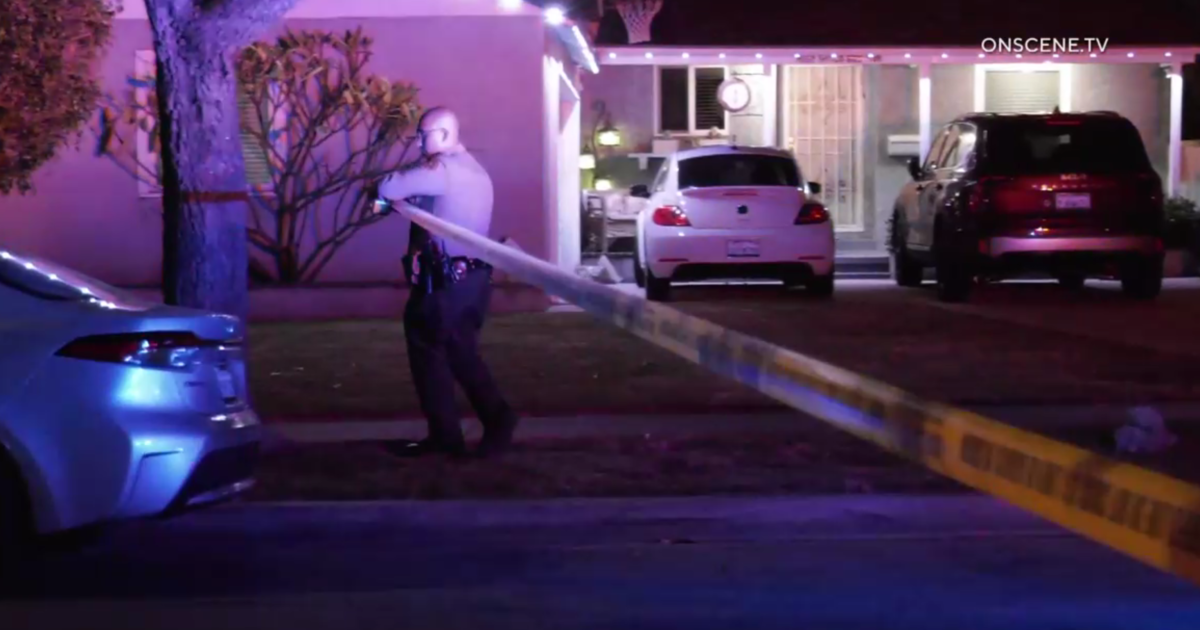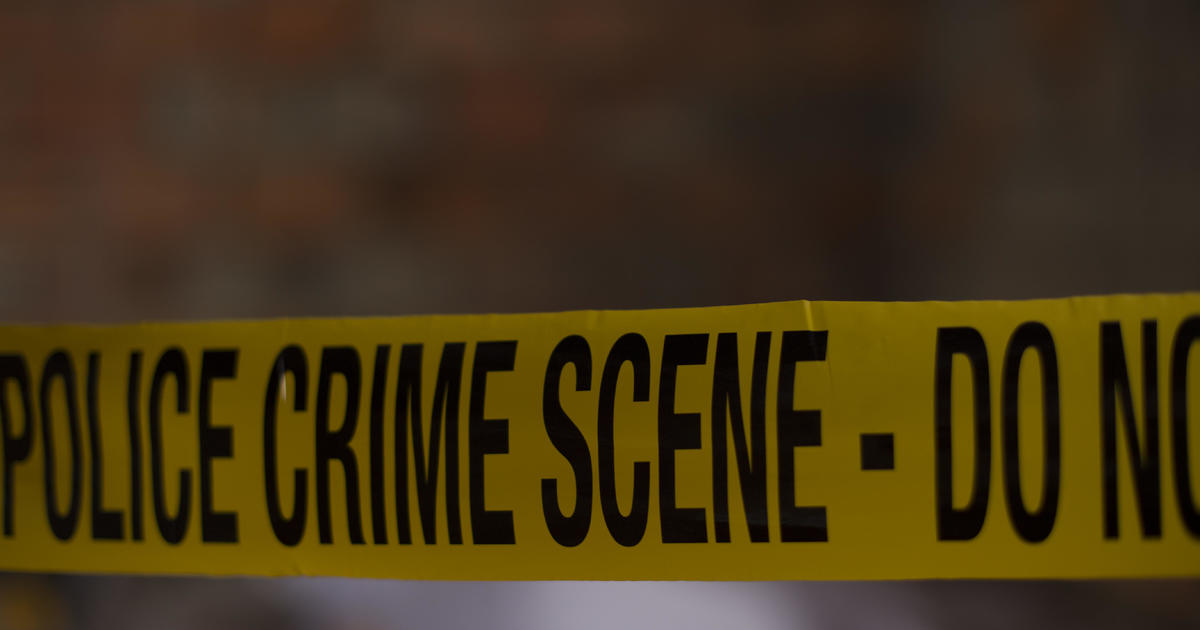'Inefficient And Ineffective': Scathing Audit Blasts LA's Expensive, Clumsy System Of Fixing Crumbling Sidewalks
LOS ANGELES (CBSLA) — Tens of thousands of sidewalks are broken and in desperate need of repair, and it's largely due to the city's way of responding to requests, according to an audit from LA Controller Ron Galperin.
The audit found that less than 1% of the city's sidewalks have been certified as repaired – in part due to the priority given to sidewalks near city-owned facilities, slow response time to repair requests, and the city's practice of replacing an entire parcel, which makes repairs more expensive and more time consuming than necessary.
"Tens of thousands of sidewalks throughout Los Angeles are impassable for the elderly, individuals with disabilities and pedestrians of all ages," Galperin said in a statement. "Despite its recent focus on the issue, the city's sidewalk repair program is simply not working as it should. The sheer scale of the problem, combined with the city's inefficient and ineffective strategy to address it, means dangerous sidewalks aren't getting fixed fast enough. In fact, most won't be fixed for years or even many decades."
The city agreed to spend nearly $1.4 billion over three decades following the 2016 Willits settlement to fix broken sidewalks, inaccessible curb ramps and other barriers in the pedestrian public right-of-way. That same year, the L.A. City Council also adopted a "fix and release" policy that allowed the city to give up responsibility for a repaired sidewalk once a certificate of compliance and warranty had been issued to the adjacent property owner, who was then responsible for the sidewalk's maintenance.
"In a neighborhood like this, everybody walks so we'd like it to be safe and safe for everybody," said Jude Albright, a Atwater Village resident.
However, under the Willits settlement, just 2,100 of the sites where sidewalks needed repairs have been fixed out of 11,000 miles that were documented by the city in 2016.
Galperin's audit found that in over the past five fiscal years, the city has paid out more than $35 million in settlements – including $12 million in just the fiscal year 2020 – to settle more than 1,700 claims and 1,020 lawsuits for sidewalk injuries. Certificates of compliance had been issued to less than 1% of sidewalk parcels as of the end of June of this year, and the city doesn't know currently how many sidewalk locations actually need repair or how much they will cost.
According to the audit, the average time it took to complete a basic sidewalk fix, like patching a small crack, was 41 days – compared to a speedy three days to fill a street pothole.
"It's up and down, it's a bump, and then you just have to go like this," said Jaklin Dilnchian an employee in Sherman Oaks. "I have to come like to the street because it's a lot of bumps."
To make repairs more efficient and fast, the audit is recommending the city change its prioritizations so that residential commercial properties can be considered for repair right away; invest in a citywide assessment of all its sidewalks and curb ramps to identify sites in need of urgent attention; change city law so individual sidewalk defects can be repaired, rather than the entire parcel replaced; and pursue more funding to address the backlog of sidewalk requests.




